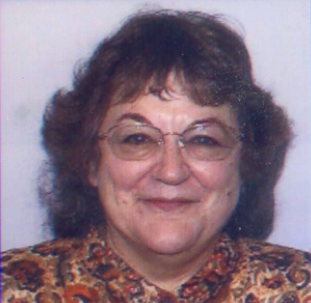In the January issue of Perspectives, this column reviewed some of the pressing issues of the future that our members have identified in planning discussions. Many of these issues have great significance for the lives our members lead in their history departments. As the AHA explores new ways of serving its members effectively, it would like to help them work through this range of issues—assisting in this way is an important aspect of serving the field. In addressing these issues now we are trying to anticipate the kinds of requests that will come to the Association in the course of time. Indeed, a number of the developments predicted for the future, such as downsizing and the training of teaching assistants, have already begun coming to the AHA Council for resolution and policy stances.
Listed below are some of the issues and questions that we have identified so far; our planning groups believe that these topics need to be discussed with faculty, department chairs, and other campus administrators. We hope to deepen the conversations with particular history departments as opportunities arise. We will bring this list to the department chairs’ luncheon to be held in New York City during the 1997 AHA annual meeting. Please let us know what kinds of discussions you are having on your campus regarding these issues, and please alert us to any opportunities for exploring particular issues in more depth.
- Downsizing. Is it an attack on the profession or a necessary adjustment? Are your graduate students in favor of smaller programs so they have better job chances, or opposed because they see themselves cut out? Do faculty members think downsizing will lead to necessary rethinking, or to loss of areas of study they value? Should it be opposed, or can we make it work for us?
- Changing hiring patterns, including increased dependence on part-time and adjunct positions to help handle teaching load and broader specializations. Spousal hiring? The start system—is it on the wane?
- Reconsidering the undergraduate major (either to accommodate fewer faculty lines or to reflect new priorities and academic specialities)?
- Changing definitions of specializations in job searches (e.g., globalizing of history—more comparative and thematic specializations recognized)?
- Funding patterns for graduate education. Are these changing? How are the department and university coping with these changes?
- Treatment of graduate students simultaneously as apprentices and as workers?
- Graduate student preparation for professional historian positions outside the research university?
- Need (and methods?) to track success of Ph.D. recipients—placement in first positions, achievement of tenure, and other?
- Evaluating the new technologies. What are the gains, pedagogically and in terms of scholarly writing and research, of the new electronic means of communication? Are there dangers and losses?
- Evaluating student and faculty work that uses the new technologies?
- Changes in publishing that affect considerations of promotion and tenure (new electronic publishing, decline in number of monographs, increase in number of columns of edited essays and in number of journals)?
- Distance learning delivery methods (and the implications for a reduced workforce and increased workload, versus the potential for more interesting and challenging instruction)?
- Increased emphasis on evaluating teaching? Is this evaluation being related to research?
- Effect on history (with other humanities) of cost-center and other accounting devices that put pressure on departments to bring in outside revenues?
- Fate of tenure on campus? Is tenure under attack? Does tenure protect academic freedom? Would its demise adversely affect higher education? Might determinations of tenure now be made at entry level (given the fact that many entry-level positions now require more advanced credentials and performance than they did a generation ago)?
- Fate of unionization?
- Collaborations with K–12?
- Departmental involvement in public programming, exhibitions, and the like?

